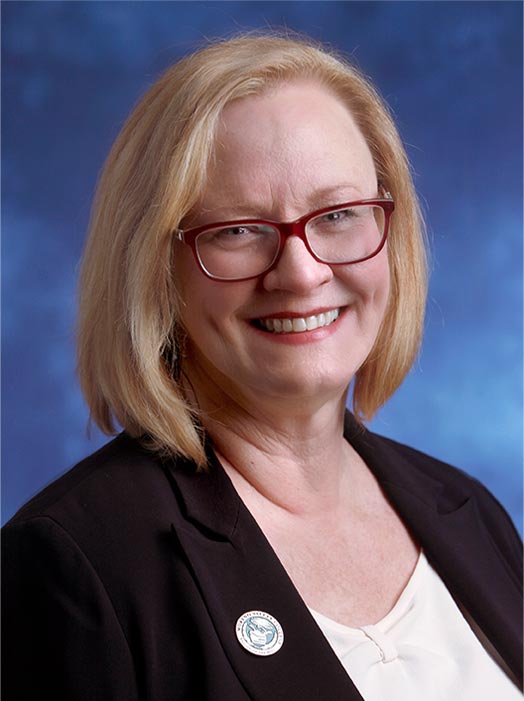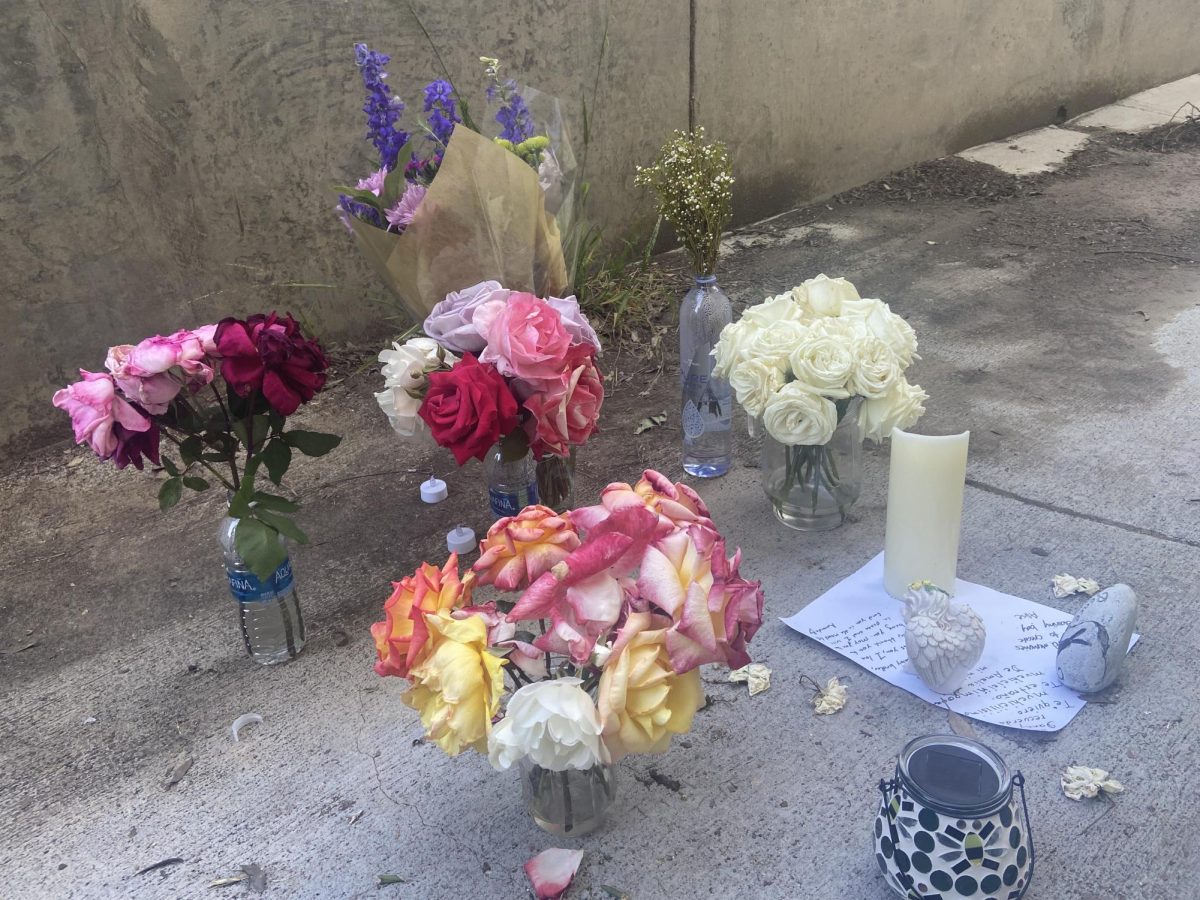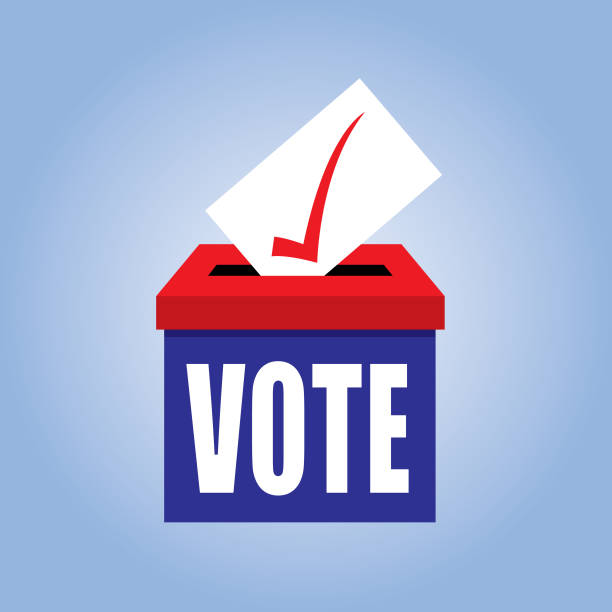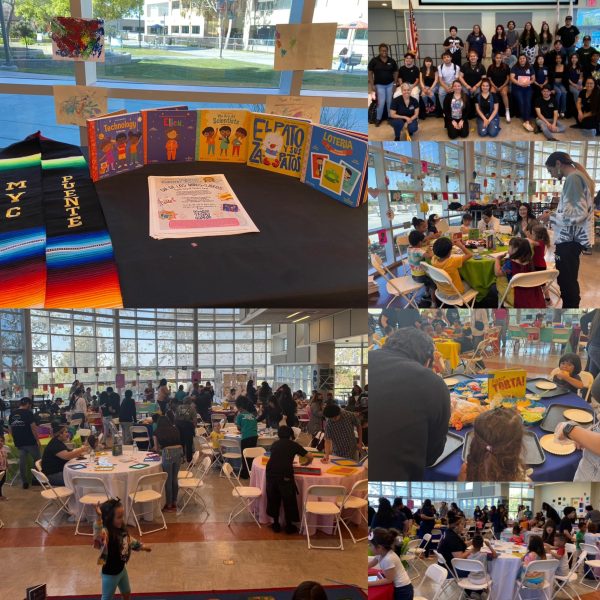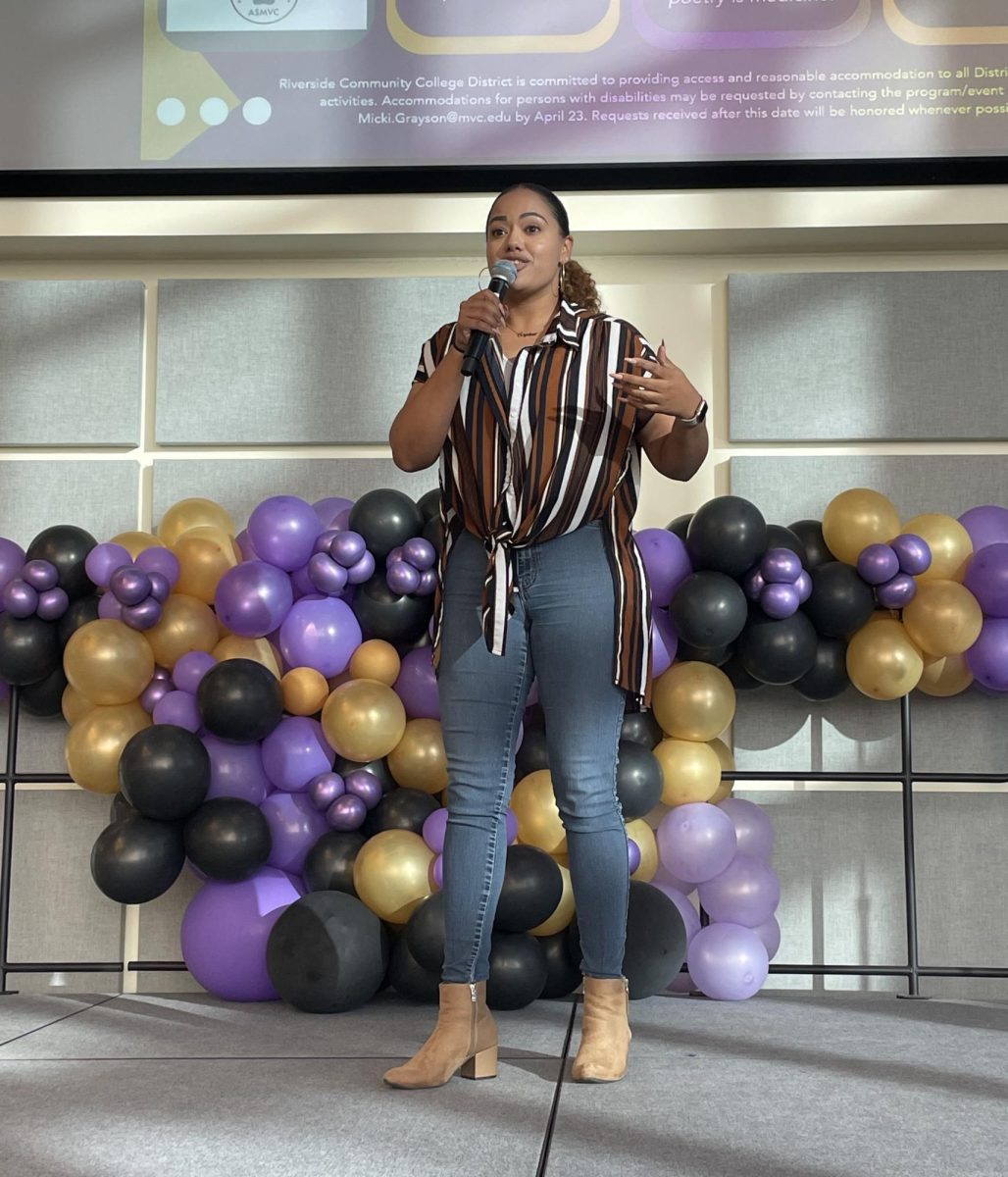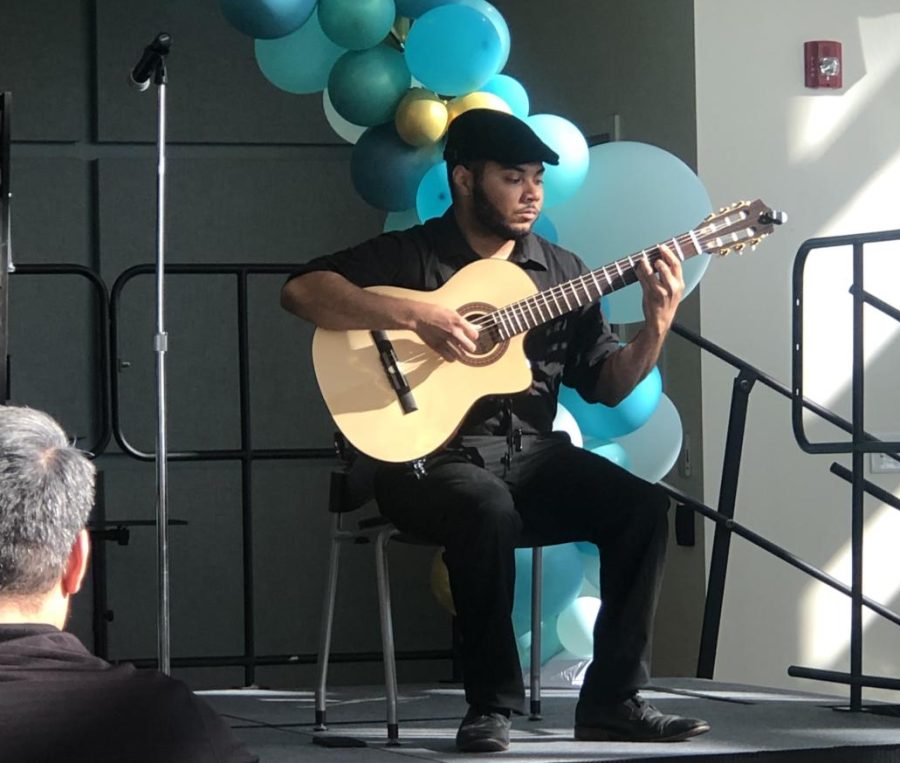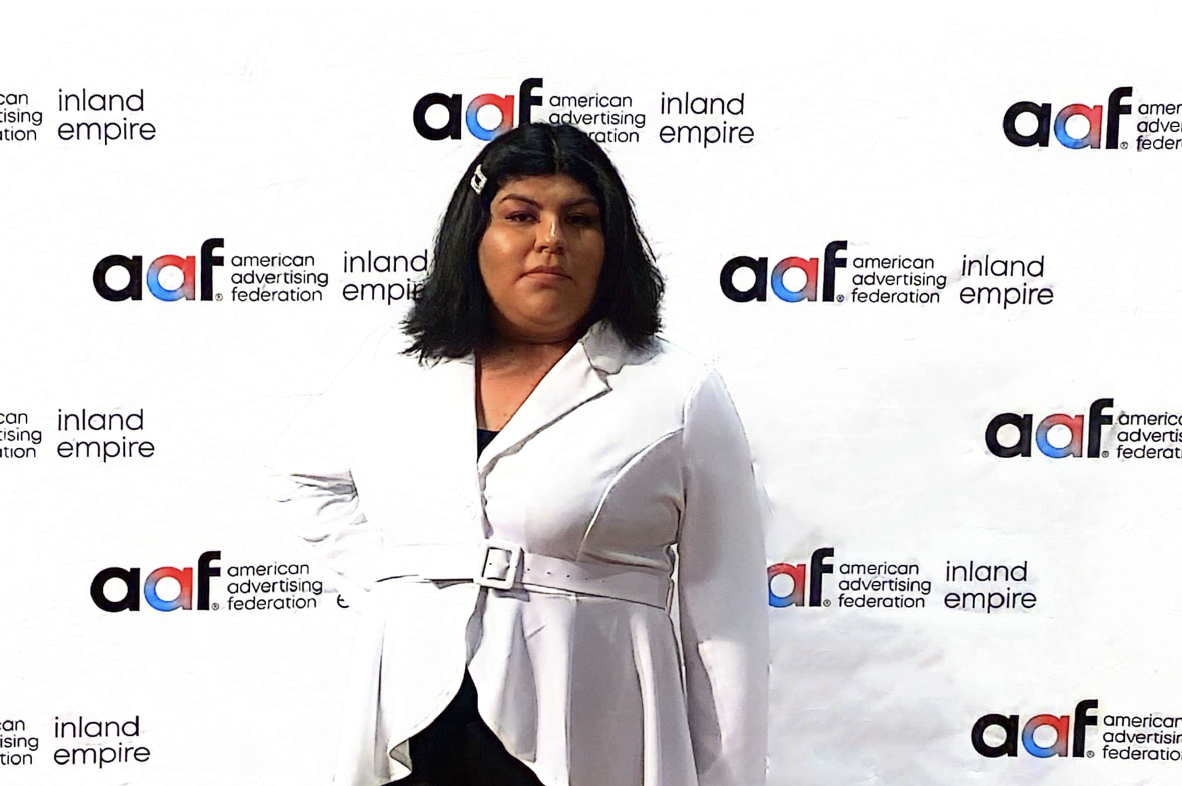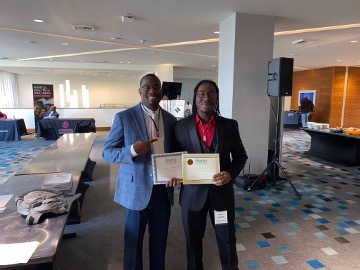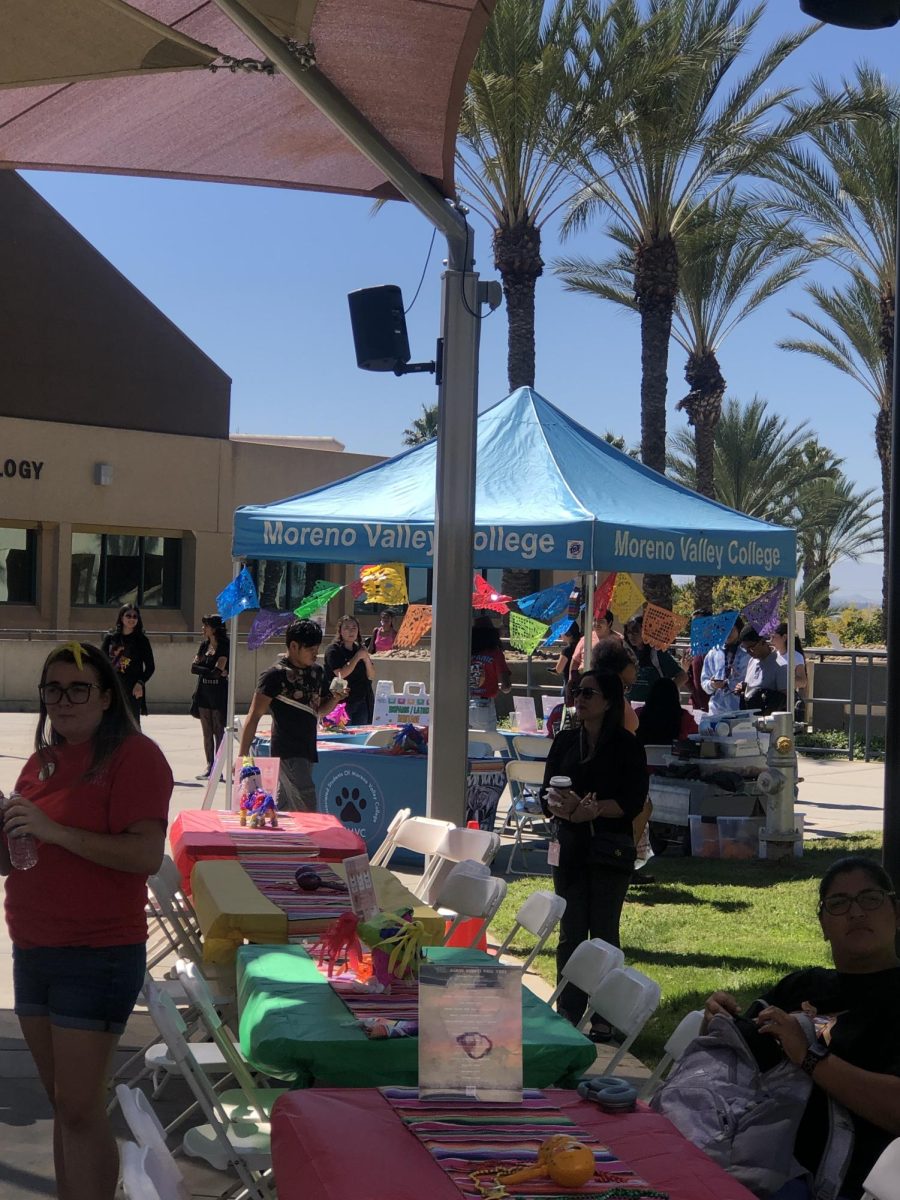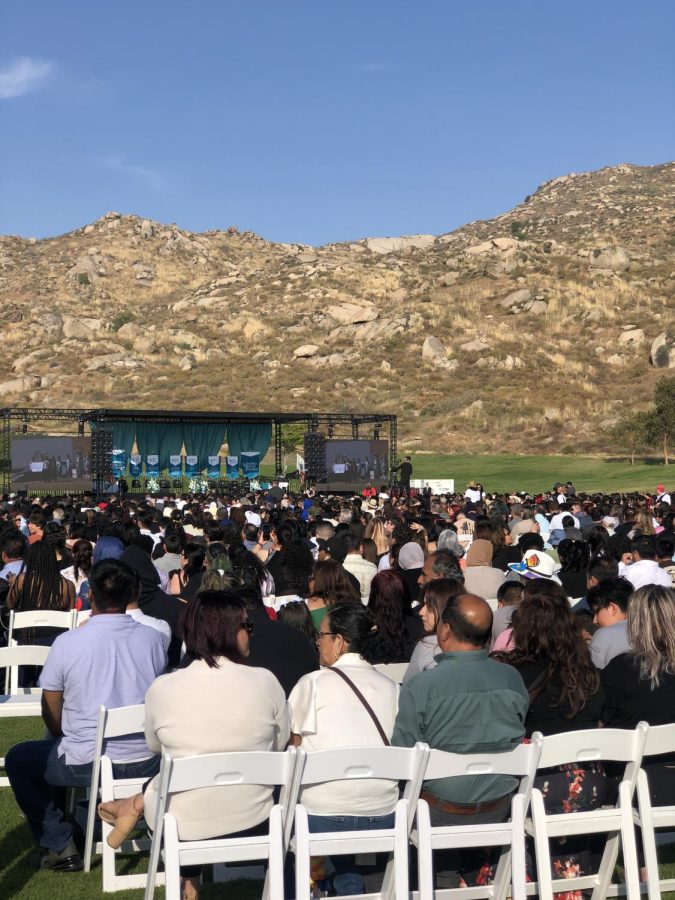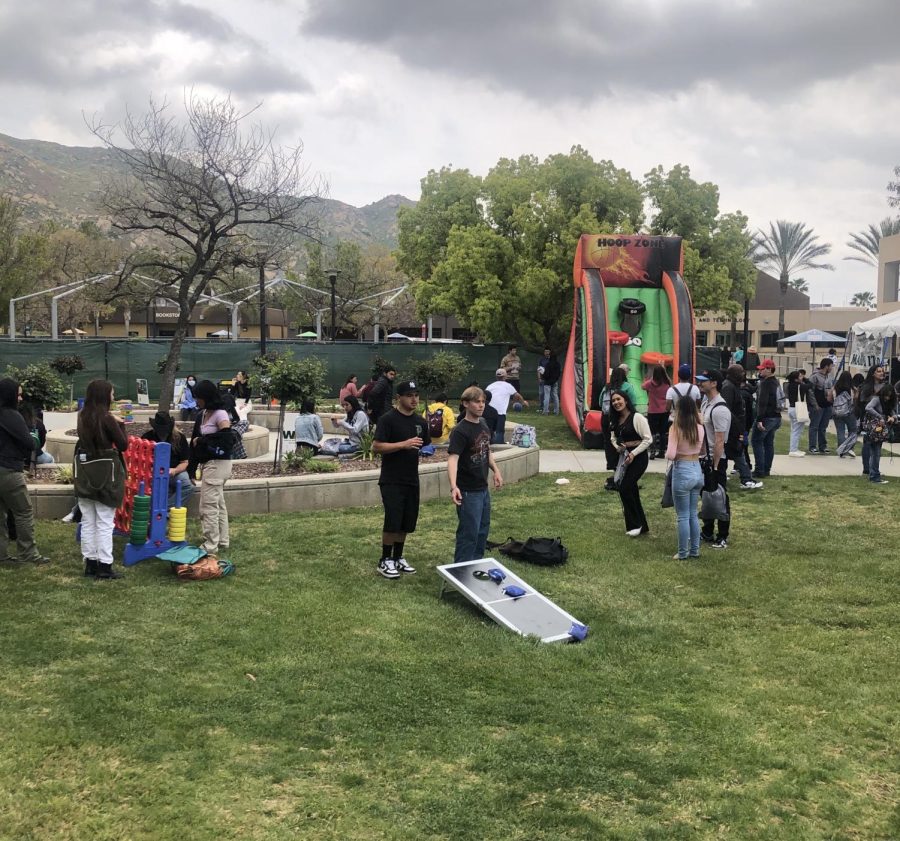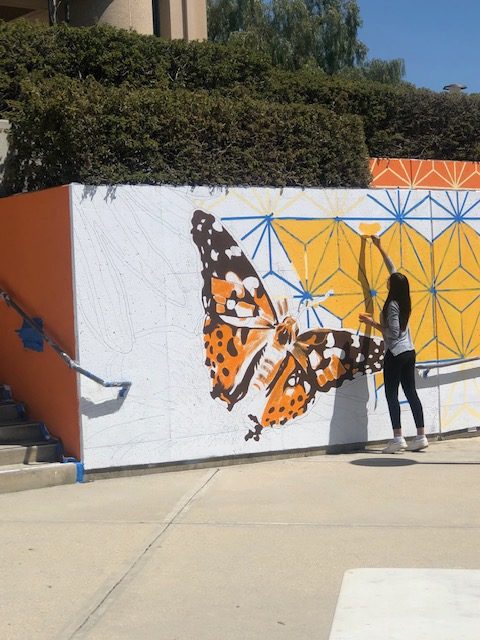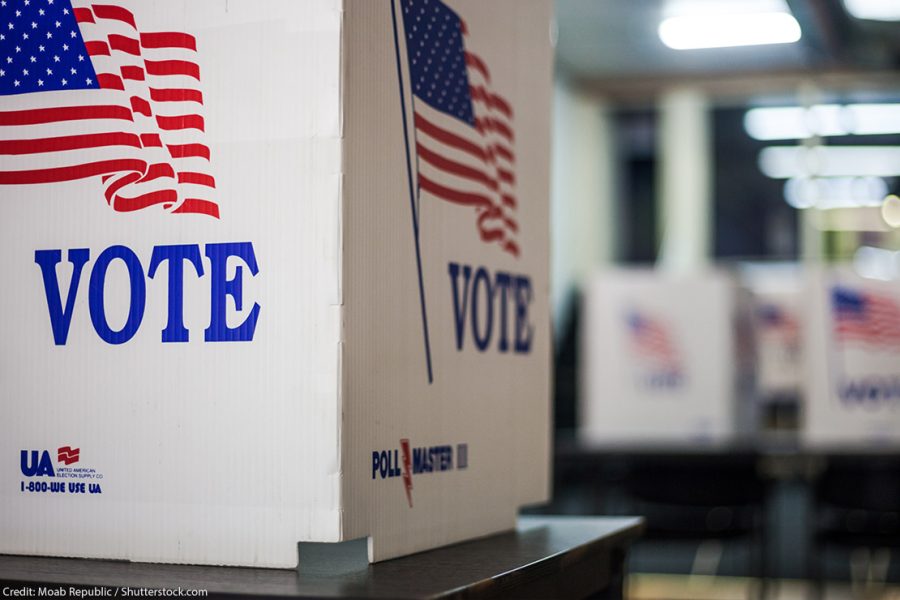Apathy, lack of information discourages MVC students in midterm elections
November 10, 2022
Ahead of Tuesday’s midterm elections, some Moreno Valley College students felt less likely to vote because they were not adequately informed about this year’s candidates and ballot issues on top of not being encouraged enough to vote by MVC.
“I am not fully aware of this year’s candidates, in other words, I don’t know much about them,” said second-year nursing student, Jessica Garcia. When asked about midterm elections, fourth-year culinary student, Jessika Medraml, mirrored Garcia’s opinion, “I don’t really follow politics, I don’t really know what or who I’m voting for. I’ll just vote, and maybe it’ll not be the right choice.”
Many students are clearly unaware of how important their vote is, they believe their vote is not significant enough to make a difference.
“I feel like I am just one person, and I know that they say that one person can change the whole movement, but I feel like I have nothing to input when voting,” said third-year psychology student, Jokotade Shittu.
The problem with this type of mindset, which is not uncommon, is that the lack of voting from students is opening doors for a future without the younger generation’s best interest in mind
“We have politicians, particularly on the Republican side who want to pretend that there really isn’t a problem with climate change, global warming, rise in sea levels, etcetera,” said Political Science Professor, Dr. Fabian Biancardi. “That’s profoundly important for the lives of young people who are moving into worse climactic conditions because the older folks ignored it.”
Professor Biancardi has noted students’ detrimental way of thinking, and need for encouragement, hence the reason in his classroom he motivates students by offering extra credit.
“Whatever, they need to realize what’s at stakes for them,” said Professor Biancardi.”I think the disconnect is that they don’t see their lives being shaped by what happens in places like Sacramento or in D.C., but they are decidedly shaped by that.”
According to Garcia and Medraml, as an institution invested in the future of its
students, MVC must make certain students are aware of who and what they’re voting for, in future elections. Whether that’s by having more events including prizes, creating flyers with information, or introducing voting methods in their educational system the two added.
“If elections/voting were part of teaching, more students would vote, I would definitely vote,” said Shittu.
“We need a new generation of leaders, I don’t know what it’s going to take, some charismatic leader who’s going to get them enthusiastic. We have to do our share as an educational institution to try and communicate the stakes for the young people,” insists Biancardi. “If younger people are not voting, then who is? The older generation is voting; people whose interests are not inline with the younger generation.”
Students must understand that their voice matters and the only way to employ it is by voting; voting is the only way to communicate with those in power about issues that affect everyday citizens.
“Voting is about holding people accountable, holding politicians accountable by voting,” said Biancardi. “There is no clearer sign to address the issues to our leaders than by voting. It’s part of our freedom to not vote, but it gets people in power off the hook. It means you’re not taking any responsibilities for your own life, despite the circumstances.”
